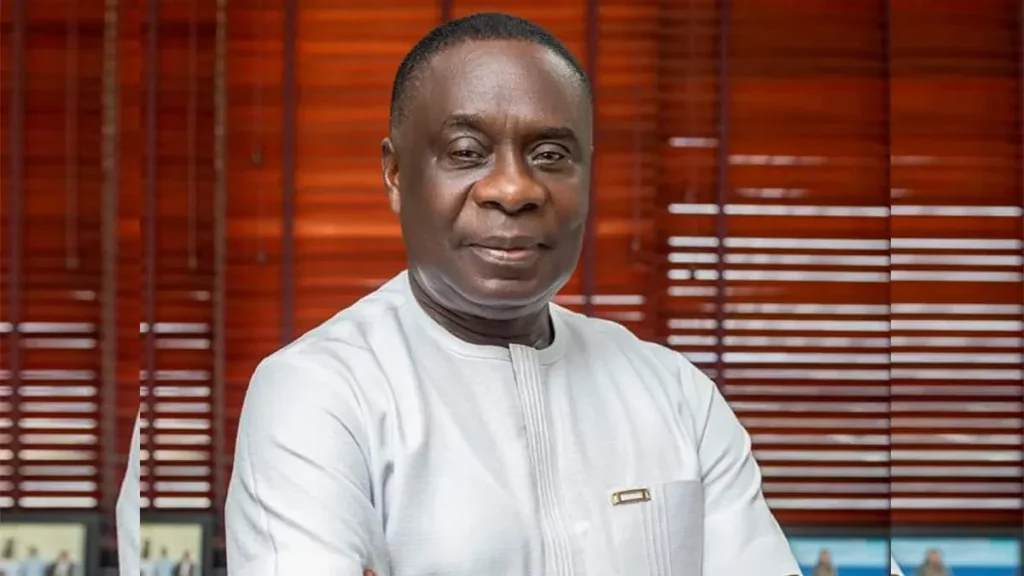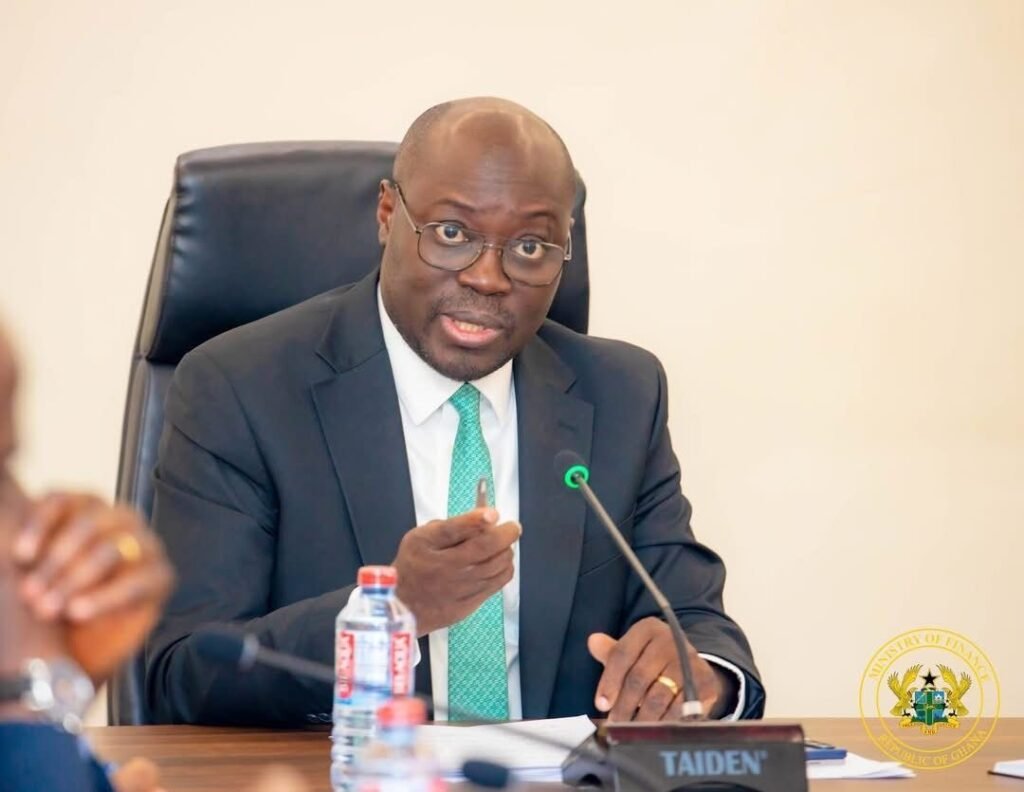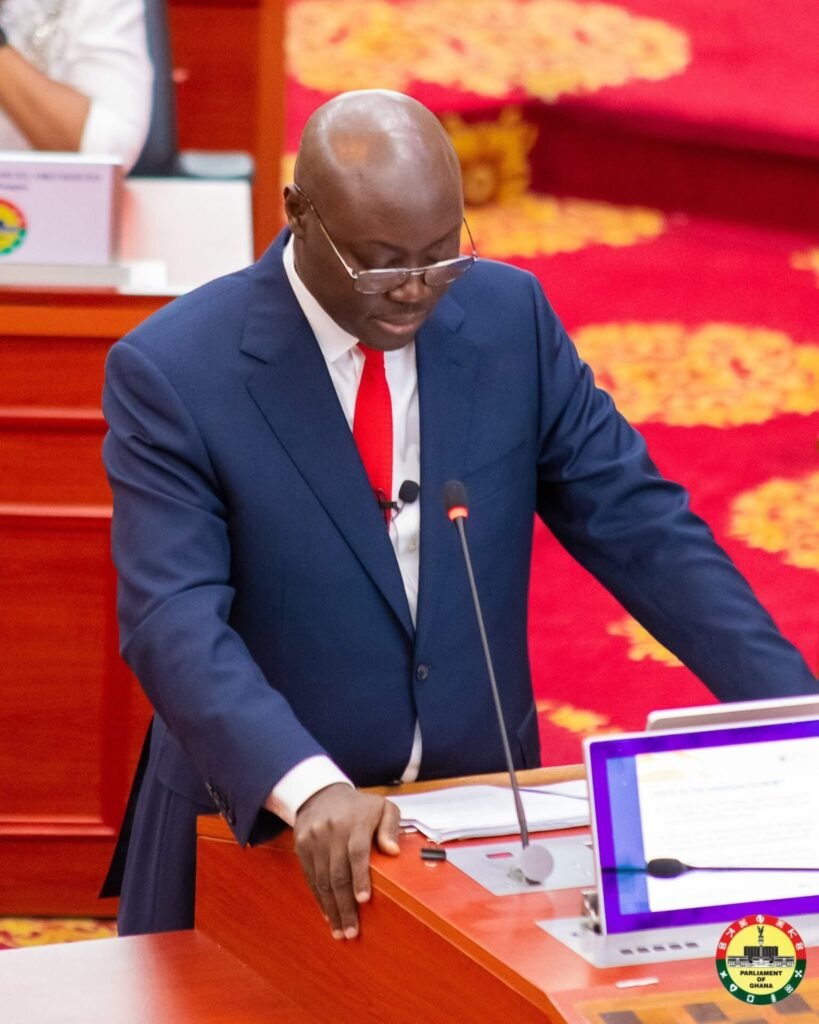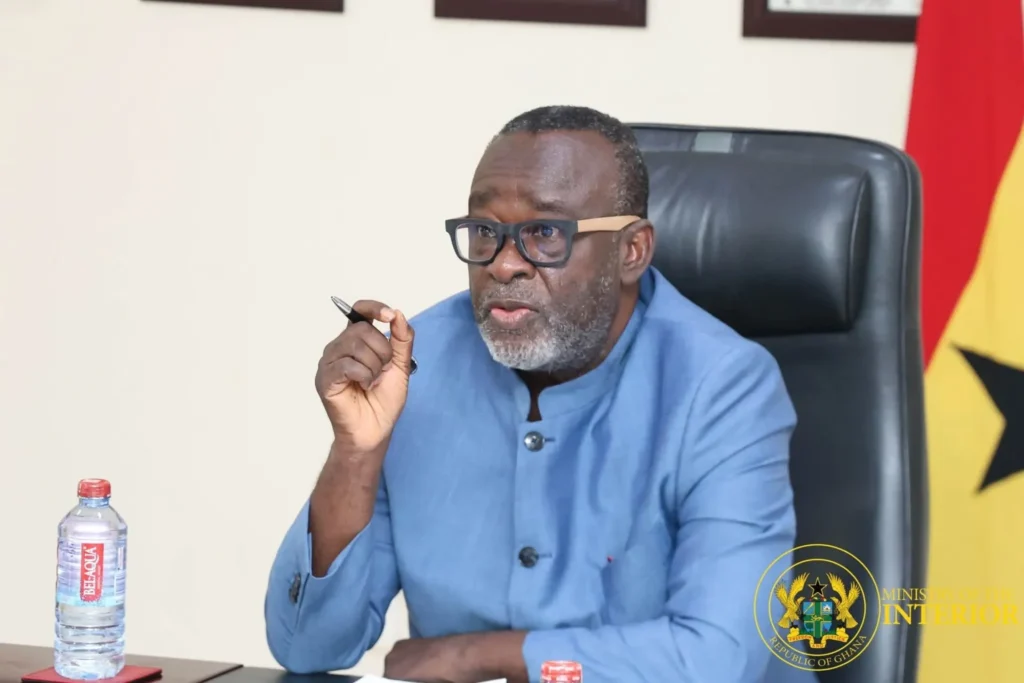Deputy Minister of Foreign Affairs and Regional Integration, James Gyakye Quayson, says Africa should by now be united under one currency and enjoy free movement among nations.
He described the continent’s continued economic and political divisions as effects of colonial influence.
Speaking during an engagement with a delegation from the Pan African Parliament at the Ministry of Foreign Affairs on October 28, he said colonization has hindered Africa’s progress and unity.
According to him, by this stage in history, the continent should have achieved a stronger level of integration.
He expressed concern that Ghana still imports chocolate despite being one of the world’s top cocoa producers.
Mr. Quayson said every African country has unique resources and strengths that could have contributed to building a self-sufficient and prosperous continent.
“Every country has a specialty. The money should stay within the continent. Kenya will take their timber, Ethiopia will take their coffee, Zambia copper, Angola will take their oil. Everybody has something,” he said.
Referring to the legacy of colonial leaders, he said their tactics continue to divide African nations.
“But they’ve managed to put our heads together against each other,” he said.
“You’re going to Côte d’Ivoire they say you need a visa. Going to Morocco they say you need this. Why?”
Mr. Quayson criticized African governments for holding the same systems of division established by colonial leaders.
“We’re doing their dirty job for them. We are the enforcers for them. Because that’s what they wanted us to do, that’s why they occupied us in the first place and colonized us,” he said.
He added that colonial powers strategically maintained economic control even after granting political independence.
“Now they said let’s give them the political since they’re fighting for it, but we’re going to continue to hold them economically,” he stated.
The Deputy Minister said even if a United States of Africa is not immediately achieved, the continent must at least ensure the free movement of goods, services, and people.
“We are ready to champion unity. This is where Pan Africanism was born,” he continued.
He noted that Africa’s push for unity began long before Europe’s, but external forces undermined its progress.
“We started African Union before the EU. When we started they were bashing us. And they went behind us and made sure ours is killed but theirs is not,” he said.
Mr. Quayson concluded that the continent’s development depends on deeper integration and shared identity.
“By this time we should have one currency, we should have free movement of our people. By doing that we will eventually achieve that because when people integrate with one another, the barriers will be broken,” he said.




